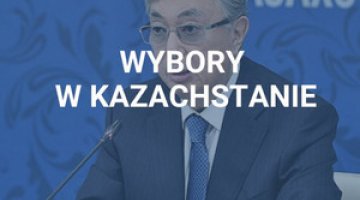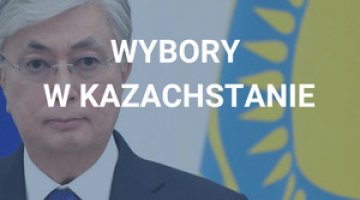Presidential elections in Kazakhstan
An early presidential election was held in Kazakhstan on 3 April. The winner was the incumbent since 1991, President Nursultan Nazarbayev; he received 95.5% of the vote with an almost 90% turnout. In the opinion of the OSCE’s observers, the election did not meet democratic standards (like all previous such elections in Kazakhstan). It did show the strength of both Nazarbayev himself and the pretence of democracy in Kazakhstan, while leaving open the question of who will succeed him.
In addition to Nazarbayev, three candidates loyal towards the ruling elite took part; in total they received 4.45% of the vote. The turnout of almost 90 percent demonstrates the efficiency of the state apparatus, and was the result of campaigning and pressure to participate in de facto uncontested elections; at the same time, it reveals the scale of the failure of the opposition’s calls to boycott the elections. The OSCE criticised the conduct of the elections, emphasising the improper nature of the campaign and indications of irregularities on the voting day itself.
The government has presented the election as an expression of support for the President’s current social policy. But in fact, it confirms that there is currently no alternative to Nazarbayev, and that the ruling camp has postponed the designation of any successor. At the same time, the conformism of the public and the strength of the state’s apparat indicate that the process of succession, which has once again been postponed, will not be based on democratic principles. <WOL>




